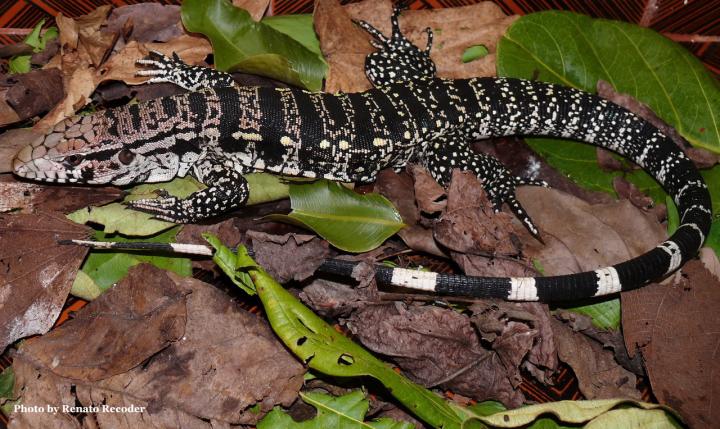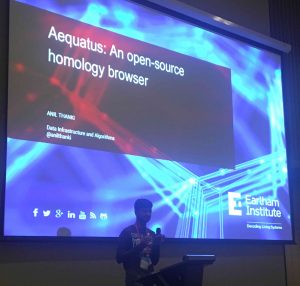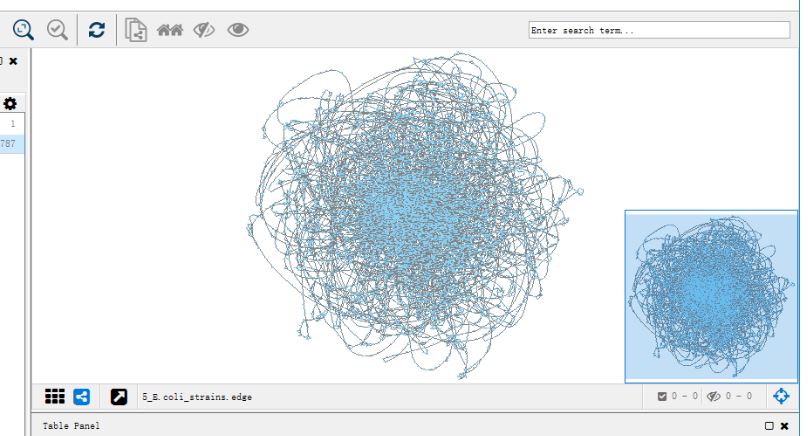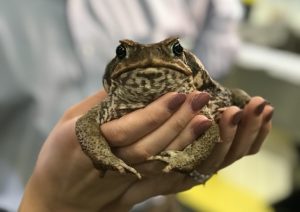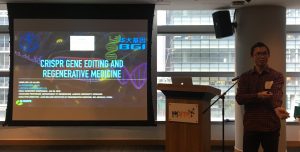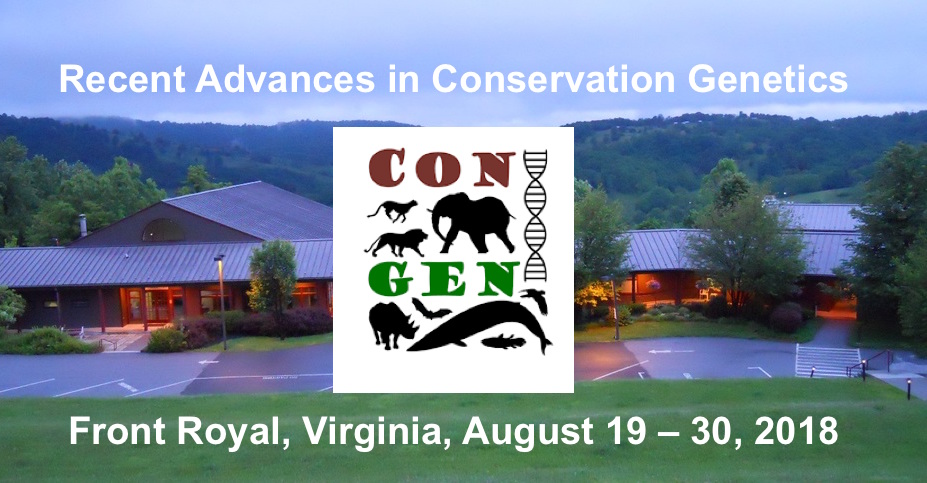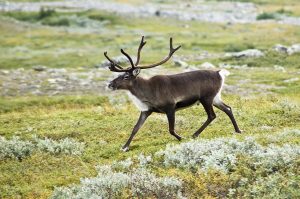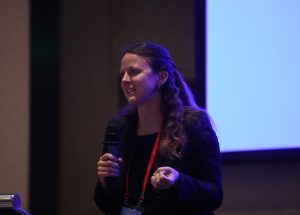
Yesterday we published the winning paper of the second GigaScience prize, with additional detail and coverage in GigaBlog describing why we and the judging panel found it so novel. This was an impressively case study in reproducibility, reassembling & reannotating around 700 microbial eukaryotic transcriptomes to demonstrate this approach can aid in revealing new biologically relevant findings and missed genes from old data.


